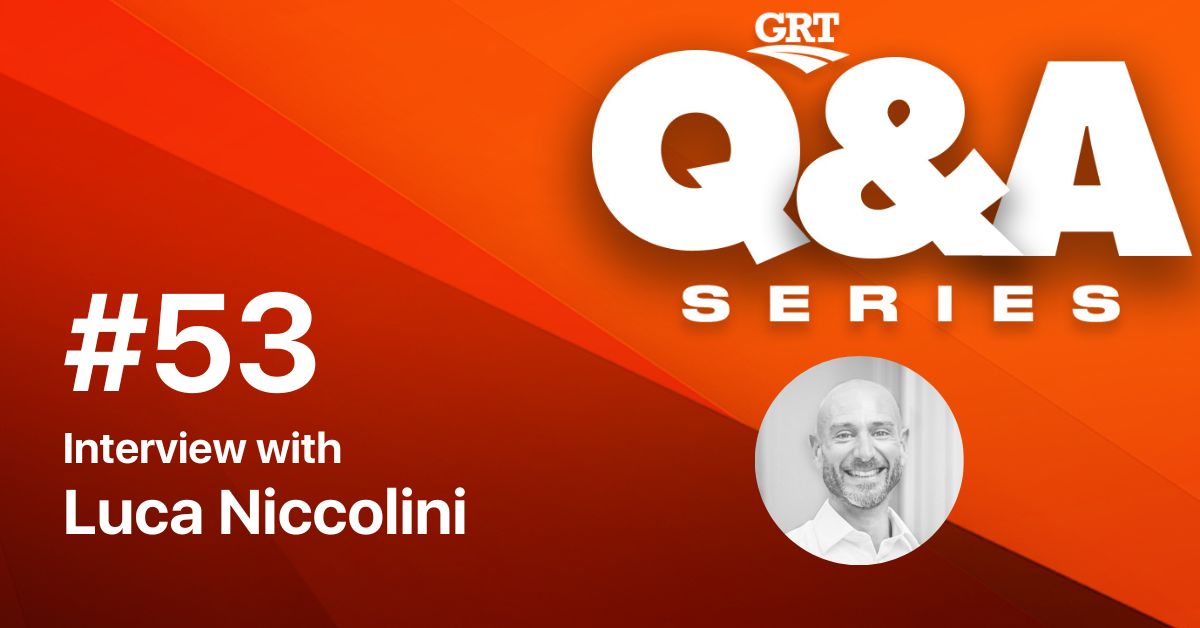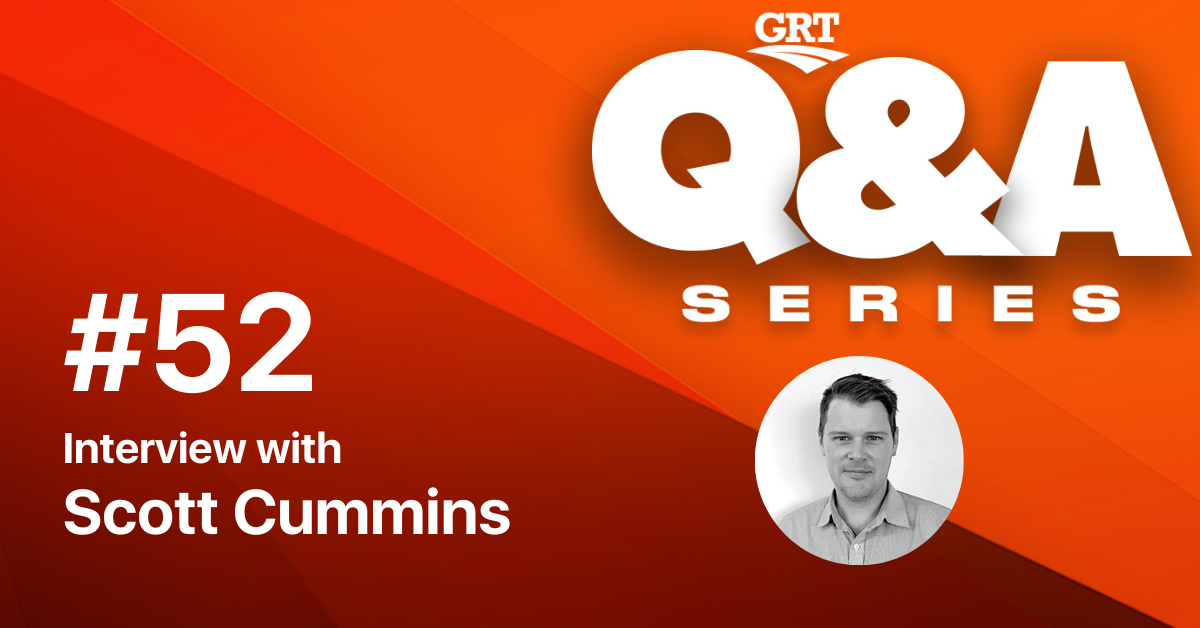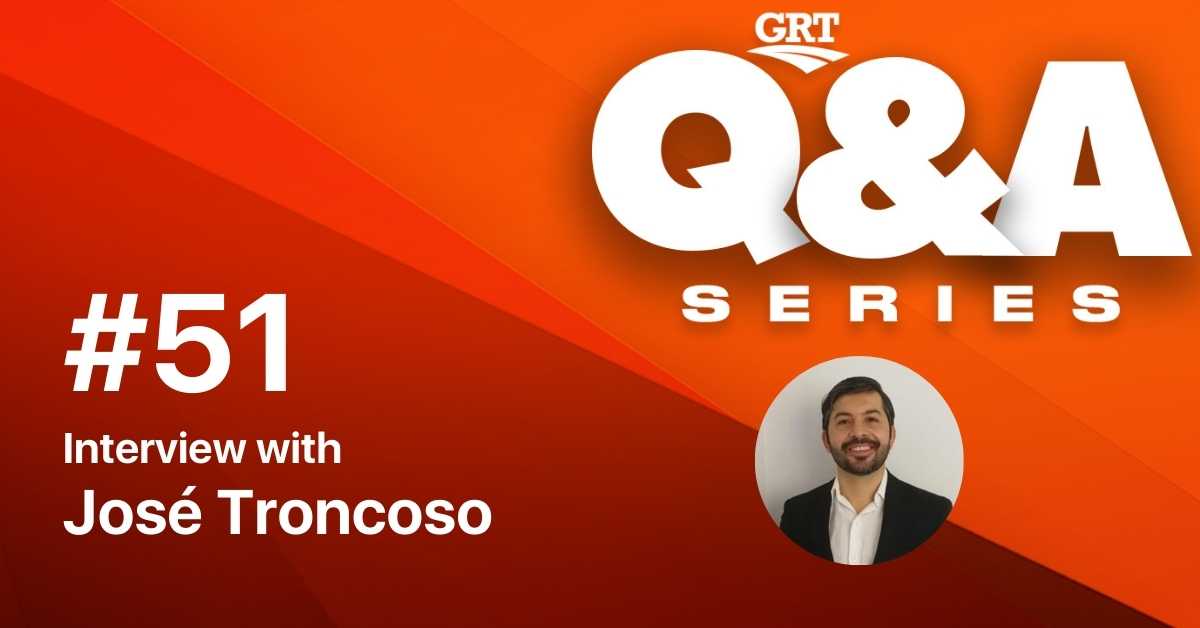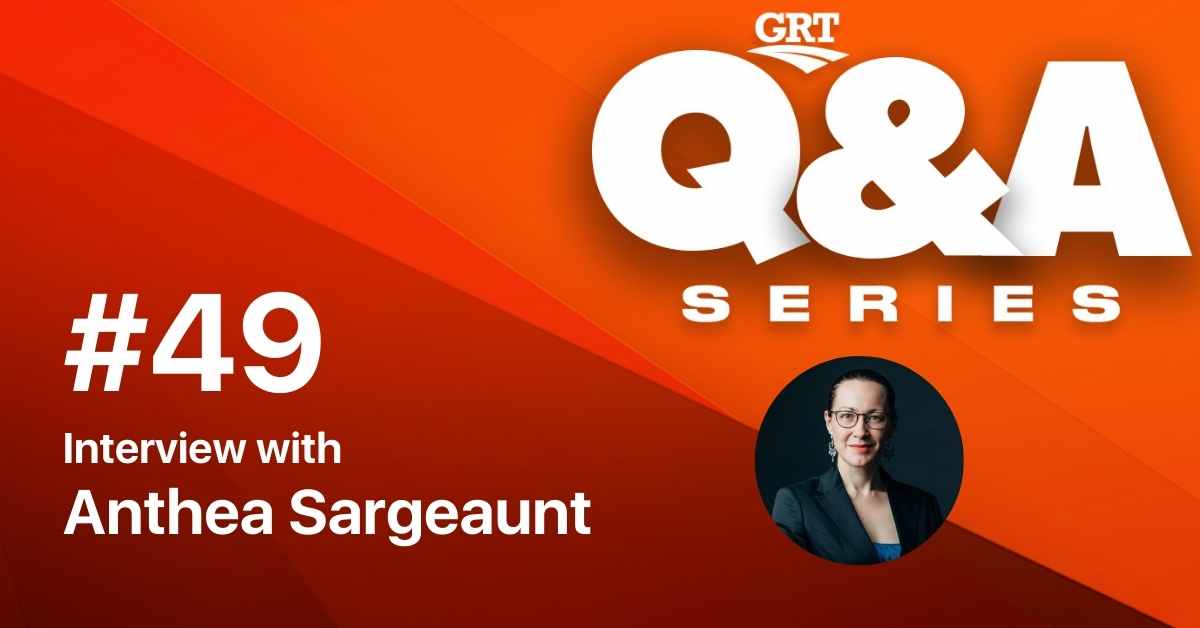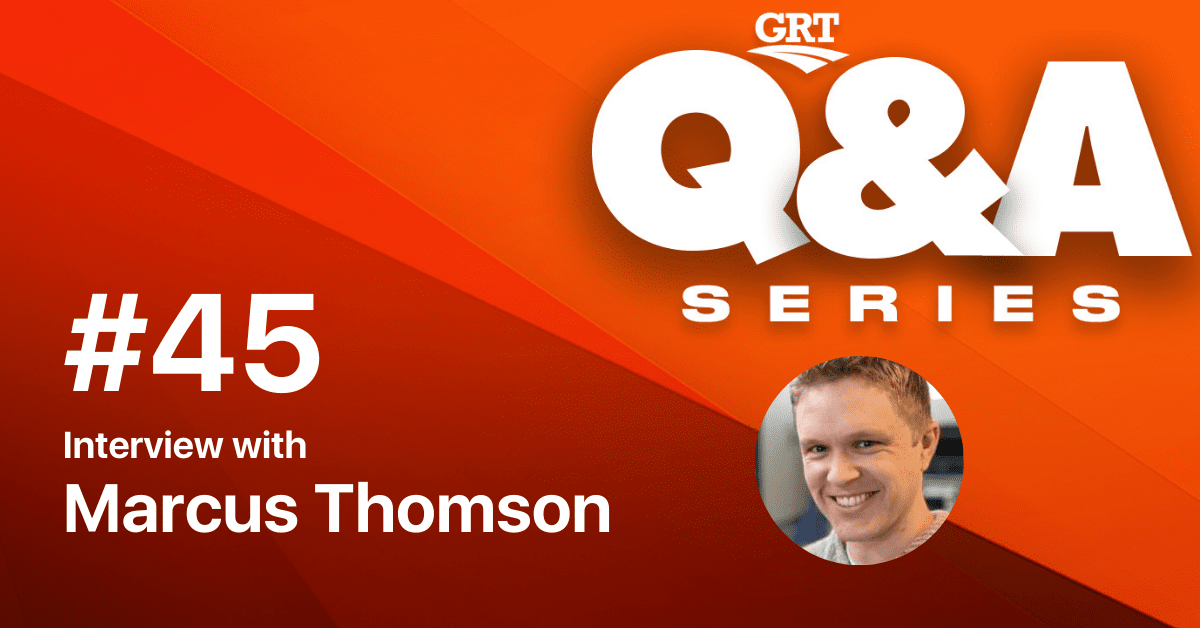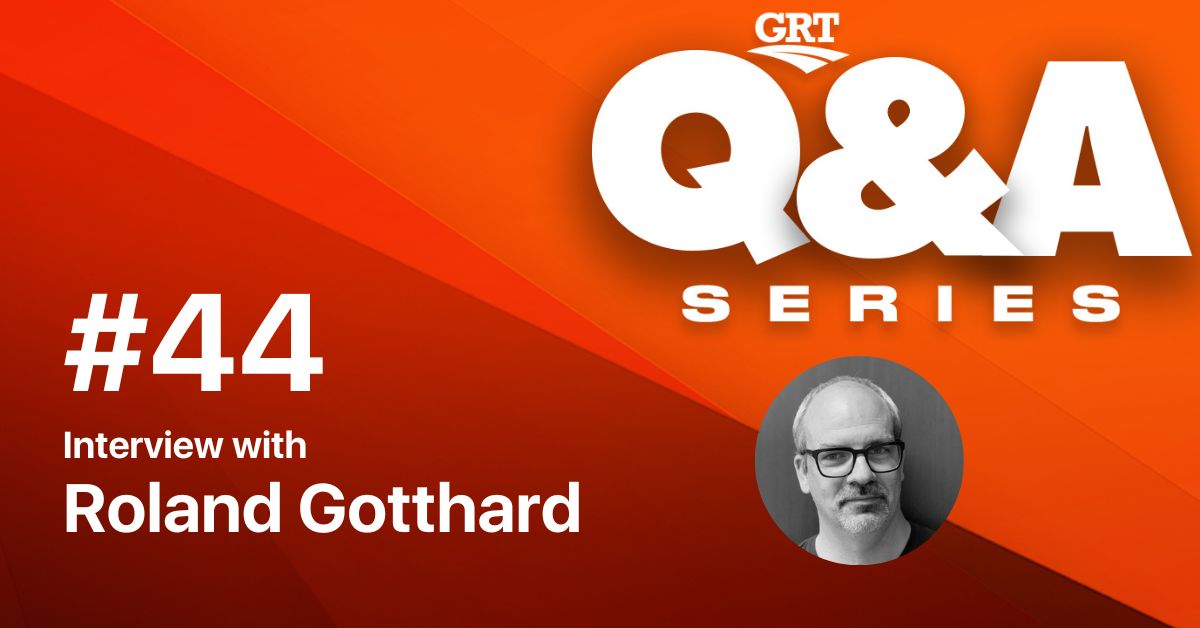Q&A series #37 : Interview with Arch Stanton
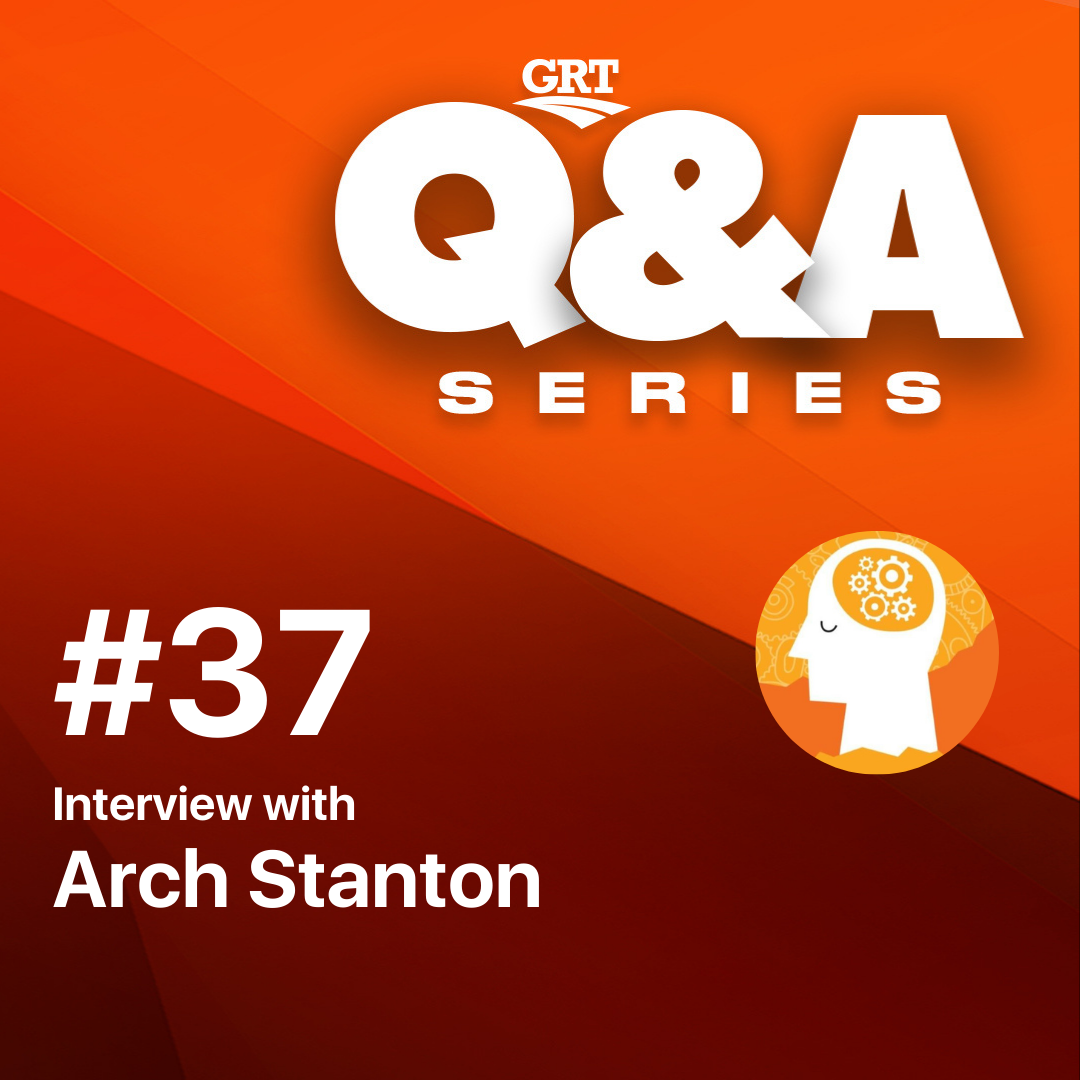
About the guest
Arch Stanton is a pseudonym for a Western Australian miner who occupied several management and leadership roles in the Australian mining industry. Mental health has received a lot of focus in the mining industry in recent years. And so it should. People working in remote mining environments are at higher risk of experiencing some form of psychological distress. His goal is to reverse the statistic. He wants to see a world where people in mining experience LESS mental ill-health because they have the right tools and resources to help their mental wellbeing. Arch went on to write the book Living The Dream: A toolkit for better wellbeing in mining. Living the Dream is intended to be a “toolkit” where individuals can seek out some simple and effective tools to help assist with their wellbeing in the mining industry. This book has seven chapters:
- Don’t be the Goat F*cker
- Pipe down, Chachi
- It’s not all skittles and beer
- Don’t screw the crew
- Your network is your net worth
- Greed is not good
- Look good, feel good
Topic of discussion: Improving Mental Health in the Mining Industry
Research published in The Medical Journal of Australia in 2018 states:
Psychological distress is significantly more prevalent in the remote mining and construction workforce than in overall Australian population. The factors that contribute to mental ill health in these workers need to be addressed, and the stigma associated with mental health problems reduced.
It’s not often in mining as a leader you get a second chance at setting the right culture in your team. It’s important we check in with our teammates on how their wellbeing is and help support them at all times.
Often a single mistake can create the perception that the leader doesn’t care for their team. And this can destroy trust.
Living The Dream is a book that can be used as a tool to provide leaders a chance to show that they care for their teams wellbeing.
This book has principles and practices to help support the physical and mental wellbeing of people working in the mining industry.
In this GRT Q&A Series, I speak to Arch Stanton a miner and author of the book Living The Dream, a mental health leader care and engagement toolkit for better wellbeing in the mining industry. He is based in Perth, Australia.
Q1) Welcome to the GRT Q&A Series Arch. It’s a pleasure to have you with us and thank you for making time. Can you tell us more about Arch Stanton and your history in the mining industry?
Well firstly, Arch Stanton is a pseudonym I used to publish the book with the intent of not creating any prejudice for the companies I’ve worked for and the people I’ve worked with.
I’ve been in the mining industry since 2007 and have worked on both the Australian west coast and east coast across iron ore, gold, nickel and coal operations. I’ve spent the last several years in management and leadership roles.
Q2) We rarely get ‘authors that are also miners’ on the GRT Q&A Series so it’s unique to have one with us. Kindly tell us more about your book “Living the Dream – A toolkit for better wellbeing in mining”? What drove you to write this book?
When I first started out in mining I certainly would never have imagined I would have published a book about the industry.
Working in the various leadership roles I have over the past several years I continued to see many reoccurring themes where peoples mental and physical wellbeing was not being prioritized. People experience many turmoils and challenges in their personal lives and don’t necessarily have the tools to help them work through these, both in mining and at home.
This motivated me to try and do something different that hadn’t been done in the industry before and publish a book that could be used as a ‘wellbeing toolkit’ for people new and experienced to the industry.
Q3) How important is mental health in the mining industry? What are the shortfalls? What needs to be done better? How should these conversations be steered forward in the mining industry?
Mental health and wellbeing should absolutely be front of mind for all companies and people in the industry. There are many shortfalls but I’d say the stigma around mental health still needs to be broken down.
I think it’s the responsibilities of the mining companies to help make this step change. There is a lot already being done, but more and more focus and energy needs to go in to this. More coaching needs to be done with frontline leaders so they can truly support their teams.
Hopefully, tools like this book and other people out there flying the flag for mental health can help influence the step change required.
Q4) Chapter 1 of your book speaks about how to put your best foot forward in mining. Can you take us through what that means to someone that just got into the mining profession? And how is this translated to Chapter 2 where one has to leave their ego at the door?
The mining industry can be a crazy industry, wildly different to most others that exist out there. So naturally it can be a shock to the system for anyone new to the industry.
In chapter 1 I aim to address in how people can avoid making some common mistakes. A few key points is that people be themselves and seek out their individuality, they sort out their own problems before becoming absorbed in other people’s dramas and that they seek meaning in everything they doing, aiming to be better tomorrow than they are today.
In mining you see so many personalities and with each personality comes an ego. We see them all in mining and someone’s overinflated ego can be of detriment to their own and others wellbeing. We address some ways to help wellbeing and break through these ego barriers in Chapter 2.
Q5) Relationships are core to any industry and mining is not immune to this. How do you prioritize mental well-being and what are some of the challenges faced in doing this in the mining industry? How crucial is it to foster relationships with your workmates?
Positive relationships with workmates is just so critical in mining. Everyone spends so much time together, often in close quarters in remote environments.
In the book I aim to address on multiple levels what some of the key ingredients and barriers are to forming strong working relationships in our industry. Some of barriers I’ve seen include the toxic gossip and innuendo, the distraction of mobile phones and lack of respect.
Q6) What goes into deriving meaning from your job and making it beyond your paycheque? Where does one get more value from what they’re doing in the mining industry?
Finding meaning and purpose in your job varies from person to person. One of the things I’ve seen in the industry however is that so many people struggle to find any meaning in what they do beyond their pay cheque.
There’s nothing inherently wrong with chasing a good wage in mining (and most people are indeed doing this) but what I find wrong is when people are so unhappy in their job and feel trapped for financial reasons. I find it wrong because I know that something can be done differently to change that mindset.
There are many ways I believe someone can get more value and find more purpose in their mining job. It may be looking for alternate rosters, it may be other means of seeking a better work-life balance, it may be looking at your team’s dynamic and there may be new ways to seek out mental stimulation.
Again, everyone is different, but there are many ways to seek meaning.
Q7) Self-care is golden! What advice do you have for miners when it comes to treating their body right and how that will benefit the mind?
Self-care certainly is golden, yet we find in our industry that many people sacrifice this for one reason or another.
My first piece of advice would simply be to recognise that our body and our mind are intricately linked and therefore our physical and mental health are intimately related.
Beyond that my general advice is to get back to basics with a lot of our routines in life. Get moving and do some physical activity daily, eat a quality, balanced diet (which yes, is possible in FIFO camps), prioritise sleep and get enough quality sleep each night, get some sunshine every day, find some time to wind down and do so mindfulness, and get out and have some social fun with your mates.
People can find it difficult to break bad habits and starting new, healthier routines. It is possible, start small and build up. It won’t necessarily be easy but you’ll thank yourself later.
Find out more about Living the Dream: https://livingthedream-archstanton.square.site/
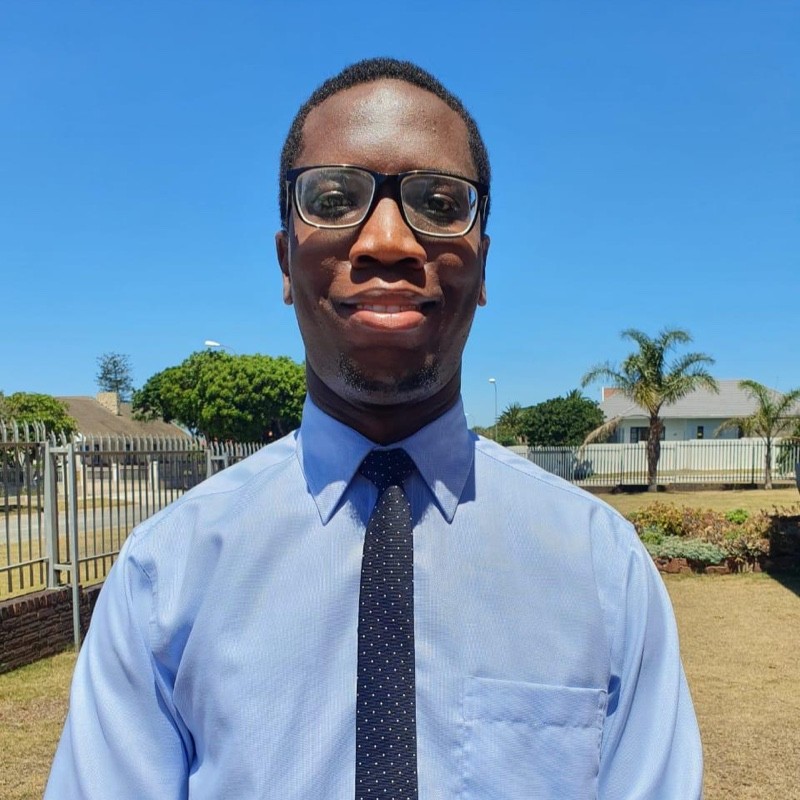
Keith Nare
Technical Head of Communications for GRT, Keith leads GRT's content strategy across various platforms, whilst coordinating internally to build the voice and opinions of the GRT team. Keith is a product of Nelson Mandela University and his PhD work focuses on Polymer and Physical Chemistry. He was a Research Associate at SANRAL in South Africa and later spent time as a Visiting Research Associate to NTEC at the University of Nottingham in the UK. He is a former Director of Communications for CALROBO in the USA.
Keith is passionate and enthusiastic about health and safety, sustainability, networking and finding synergy through conversations.
Related Interviews
MORE INDUSTRY ARTICLES
Nothing found.
